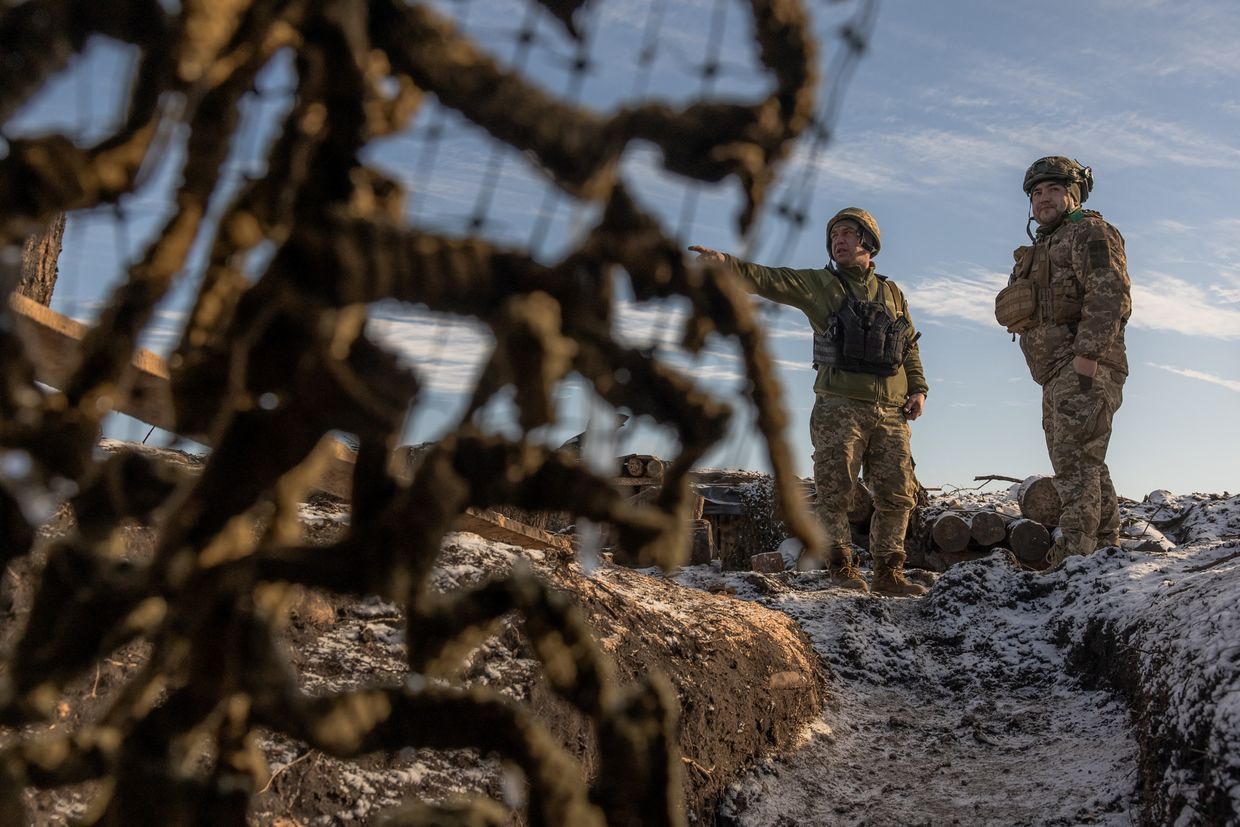Lithuanian intelligence: Russia can fight Ukraine 'at a similar intensity' for at least 2 years

High oil prices, military industry investments, and sanctions circumvention give Russia enough resources to continue the war against Ukraine at a similar intensity for at least two years, a Lithuanian intelligence report said on March 7.
The Russian full-scale invasion, which recently entered its third year, shows no signs of relenting as Moscow's troops ramp up pressure along the front. Ukraine finds itself in an increasingly precarious position, namely due to delays in U.S. assistance.
"Russia has financial, human, material, and technical resources to continue the war at a similar intensity in at least the near term," the report drafted by the counter-intelligence State Security Department (VSD) and the military's Defense Intelligence and Security Service said, clarifying that the "near term" denotes six months to two years.
Aggression against Ukraine is now leading Russia's foreign policy as the Kremlin seeks to stop support for Kyiv with blackmail and threats, the brief read.
Moscow also continues expanding its network of companies to help the country avoid Western sanctions, looking for intermediaries to secure equipment needed for the war.
The West has been intensifying efforts to crack down on Russia's ability to dodge sanctions via third-party countries. Entities in Turkey, Kazakhstan, Kyrgyzstan, China, and other states continue to supply Moscow with computer parts, drones, and other materials that help the country fuel its defense industry.
The Lithuanian intelligence agencies warned that if the war against Ukraine freezes or stops for some reason, Moscow will focus on developing its military capabilities in the western direction.
Even as Russia keeps allocating huge resources to war against Ukraine, it also keeps preparing for a long-term confrontation with NATO, including in the Baltic Sea region, the report said.
Several NATO officials have recently warned that the alliance should prepare itself for the possibility of an open clash with Russia in the coming years.
"Russia... has embarked on a major reform of its Armed Forces," although its "full implementation will take from at least several years to a decade," according to the brief.
Russian support is also increasing the military potential of its ally Belarus. While allowing Belarusian dictator Alexander Lukashenko to show apparent sovereignty in decision-making, Moscow will reportedly seek close control over Minsk by deploying tactical nuclear capabilities in the country and establishing "conditions for a long-term military presence."












